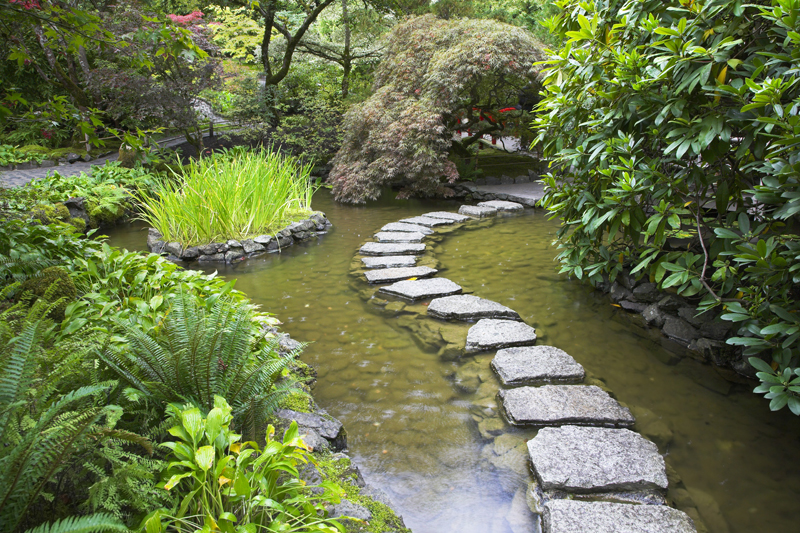Choosing Landscape Plants

Choose your landscape plants carefully. That is the way to nip plant problems in the bud. You’ll never go wrong if you choose low-maintenance, disease and pest-resistant varieties.
Just like cars plants come in different sizes. Choose the ones that are right for your yard. For small spaces this means dwarf trees and shrubs. Otherwise you’ll spend a lot of time pruning to keep them within limits. Another reason to choose small trees is your own safety. Climbing on ladders to prune trees is dangerous. Dwarf ones can be trimmed with a long pole pruner. Better yet, if you plant them in the correct place they'll never need pruning at all.
Buy compatible plants. Avoid ones with aggressive reputations. They tend to spread and overcrowd other garden plants. You'll spend countless hours pulling the more invasive types.
This describes lemon balm, a perennial herb. A member of the mint family, this plant can self-seed and spread by runners. I’ve had to dig it out to prevent other plants from being overrun. However, this doesn't happen in sites with poor growing conditions.
Keep the growing conditions in mind. I wouldn’t plant a moisture-loving plant in a spot that tends to be hot and dry. It would require more water than I could ever provide. The same thing goes for sun versus shade. If you plant a sun-worshipping species in shade or partial shade, it will lean into the light and look ugly in the process.
Of course personal preference plays a part in our choices. Yet things will work out better in the long run if we don’t get carried away. I’m a plant addict at heart. But the trick is to know when to say no to yourself. If the plant you are craving isn’t suitable or is more expensive than your budget can afford find a similar one that is equally attractive and appealing. Typically when a plant is newly introduced to the market it will be more expensive. Wait a few years until it becomes affordable.
We expect a lot of our container plants. They need to remain attractive throughout the growing season. So we should choose ones that are most re
Just like cars plants come in different sizes. Choose the ones that are right for your yard. For small spaces this means dwarf trees and shrubs. Otherwise you’ll spend a lot of time pruning to keep them within limits. Another reason to choose small trees is your own safety. Climbing on ladders to prune trees is dangerous. Dwarf ones can be trimmed with a long pole pruner. Better yet, if you plant them in the correct place they'll never need pruning at all.
Buy compatible plants. Avoid ones with aggressive reputations. They tend to spread and overcrowd other garden plants. You'll spend countless hours pulling the more invasive types.
This describes lemon balm, a perennial herb. A member of the mint family, this plant can self-seed and spread by runners. I’ve had to dig it out to prevent other plants from being overrun. However, this doesn't happen in sites with poor growing conditions.
Keep the growing conditions in mind. I wouldn’t plant a moisture-loving plant in a spot that tends to be hot and dry. It would require more water than I could ever provide. The same thing goes for sun versus shade. If you plant a sun-worshipping species in shade or partial shade, it will lean into the light and look ugly in the process.
Of course personal preference plays a part in our choices. Yet things will work out better in the long run if we don’t get carried away. I’m a plant addict at heart. But the trick is to know when to say no to yourself. If the plant you are craving isn’t suitable or is more expensive than your budget can afford find a similar one that is equally attractive and appealing. Typically when a plant is newly introduced to the market it will be more expensive. Wait a few years until it becomes affordable.
We expect a lot of our container plants. They need to remain attractive throughout the growing season. So we should choose ones that are most re

Related Articles
Editor's Picks Articles
Top Ten Articles
Previous Features
Site Map
Content copyright © 2023 by Connie Krochmal. All rights reserved.
This content was written by Connie Krochmal. If you wish to use this content in any manner, you need written permission. Contact Connie Krochmal for details.



